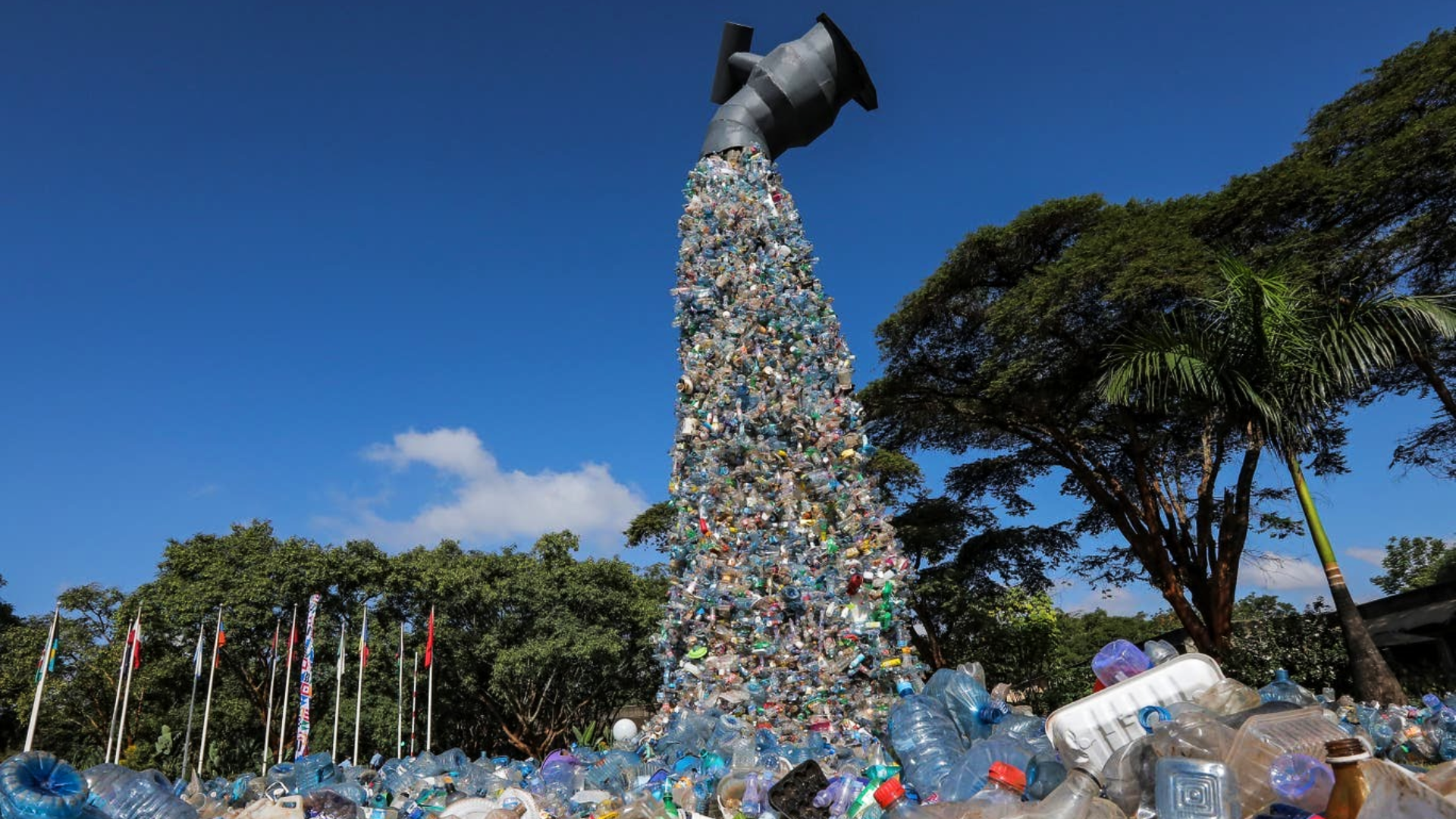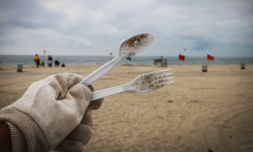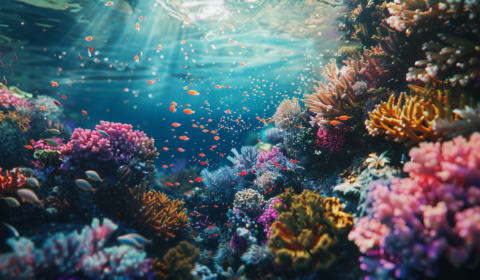The UN Environmental Assembly has approved a resolution to create the world’s first global plastic pollution treaty by 2024. Described as the ‘most significant green deal’ since the Paris accord of 2015, 175 nations have reportedly opted in.
There are a few inevitabilities in modern life; death, taxes, and mountains upon mountains of single-use plastic waste.
For the first time this century, however, there’s genuine hope to create a world in which the latter isn’t such a problem anymore. We concede, that with 400m tons of the stuff continuing to be produced every year, you’re probably thinking ‘clickbait!’
On the contrary though, we’re talking about a genuine and legally binding treaty here direct from the United Nations Environment Assembly – and one being described by its executive director, Inger Andersen, as the ‘most important international deal since the Paris climate accord.’
While the specific mandates around plastic production, use, and disposal have yet to be fully established for the 175 nations involved, this approval green-lights the start of that process. All details of the document are expected to be completely finalised and legally enforced by the end of 2024.
The announcement document reveals that the final bill will address ‘the full lifecycle of plastic from source to sea.’ Financing from governmental and private sectors will be mobilised to ‘promote sustainable production and consumption of plastics, including product design, waste management, and circular economy approaches.’
Whilst aiming to cut the head from the snake – that’s our excessive production of single-use plastics – you’ll be pleased to hear that addressing the 5 trillion existing items menacing our marine ecosystems already is another priority.
Rightfully lamenting humanity for ‘choking every part of the global ocean’ with senseless waste, Andersen believes this declaration of intent is a huge milestone ‘to close this ugly chapter.’




















